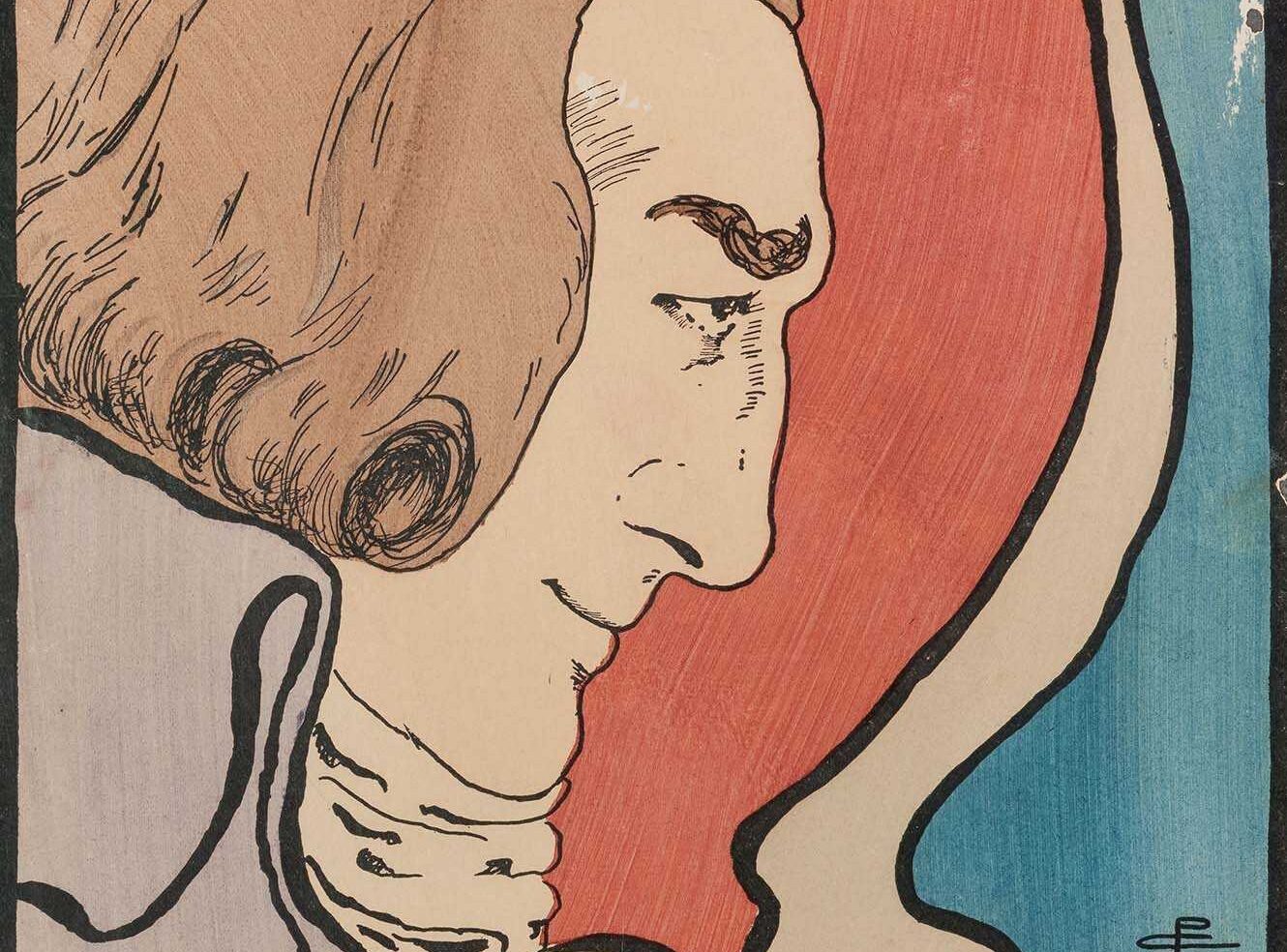Romancing the Stone: Alchemy and Dr John Dee in Medieval and Early Modern Studies
This week sees the release of Research Source: Medieval and Early Modern Studies, a rich resource covering topics such as the Black Death, the restoration of the English Monarchy and the Glorious Revolution. One of the most interesting and certainly intriguing collections included is Renaissance Man: The Books and Manuscripts of John Dee. Dee was a man of many talents being not only a mathematician, astronomer, astrologer and advisor to Queen Elizabeth but signed himself 007 (centuries before Fleming utilised the codename) and coined the term ‘British Empire’. Personally however, it is his reputation as an alchemist and magician that I find the most intriguing. Indeed, such was the strength of this reputation that there’s much evidence to suggest he inspired Marlowe’s Faustus, Shakespeare’s Prospero and Ben Johnson’s The Alchemist.

Born in London in 1527, Dee became an original fellow of Cambridge at the age of 15 in 1542. It was here his reputation as a ‘magician’ was gained, thanks to the astounding stage effects he engineered for a production of Aristophanes’ Peace. It was an image that would later lead to his arrest and one which he would never shake. In 1556 Dee presented Queen Mary with the concept of a ‘National Library’ and early ideas regarding the preservation of books and manuscripts. Unfortunately, these ideas were rejected and instead, Dee concentrated on transforming his own home at Mortlake into a vast collection of 4,000 tomes on a variety of subjects. It is this collection which forms a pivotal part of the Renaissance Man collection. A notorious scribbler and doodler, Dee’s books contain numerous musings on the subjects within and their relation to his own life. Some of the highlights of this within Renaissance Man include Euclidis Geometrica and Dr John Dee: Life and Writings which provides a collection of writings and notes by the man himself, providing an excellent insight into his life.
It is the alchemical aspects of Dee’s life that I find the most intriguing. It perhaps seems a little unusual to a contemporary audience, but the Queen’s scientific advisor also claimed to have communicated with angels. Dee fully indulged in the more spiritual of his many obsessions particularly in the later part of his life after making the acquaintance of the young Edward Kelly. Kelley claimed to be a medium and spent many hours with Dee ‘communing’ with angels or ‘Pure Verities’ as Dee would refer to them. Many of Kelley’s documents are featured within Medieval and Early Modern Studies, including an interesting Treatise on the Philosophers Stone.

Indeed, other collections in Medieval and Early Modern Studies contain papers which would be of interest to the budding alchemist - particularly ‘The History of Science and Technology’, which contains works by Nicholas Flamel. Flamel, a name no doubt recognisable to fans of Harry Potter, was a well-known author and philanthropist of the middle ages. Whilst his alchemical prowess is still debated, Flamel developed a reputation as a figure who had not only discovered the aforementioned stone, but whom had achieved immortality. Personally, I’ve never met the man, though apparently, he’s currently involved in a lawsuit with J.K Rowling.
Dee’s legend lives on. He’s been the subject of an opera, a source of inspiration to comics legend Alan Moore, had a song written about him by Iron Maiden and featured in the video game Uncharted 3. Medieval and Early Modern Studies provides the user with an unprecedented glimpse into the man behind the myth.
Research Source: Medieval and Early Modern Studies is available now. For more information, including trial access and price enquiries, please contact info@amdigital.co.uk.
Recent posts

Foreign Office, Consulate and Legation Files, China: 1830-1939 contains a huge variety of material touching on life in China through the eyes of the British representatives stationed there. Nick Jackson, Senior Editor at AM, looks at an example from this wealth of content, one diplomat’s exploration of Chinese family relationships and how this narrative presented them to a British audience.

The Nineteenth Century Stage is a rich resource exploring the theatrical celebrities, artistry, and changing social roles of the era. It highlights Pamela Colman Smith, known for her Rider-Waite tarot illustrations and theatre work, whose influence shaped Victorian theatre. Despite being overlooked, her life and impact are vividly captured through striking art and intimate collections within this valuable resource.
